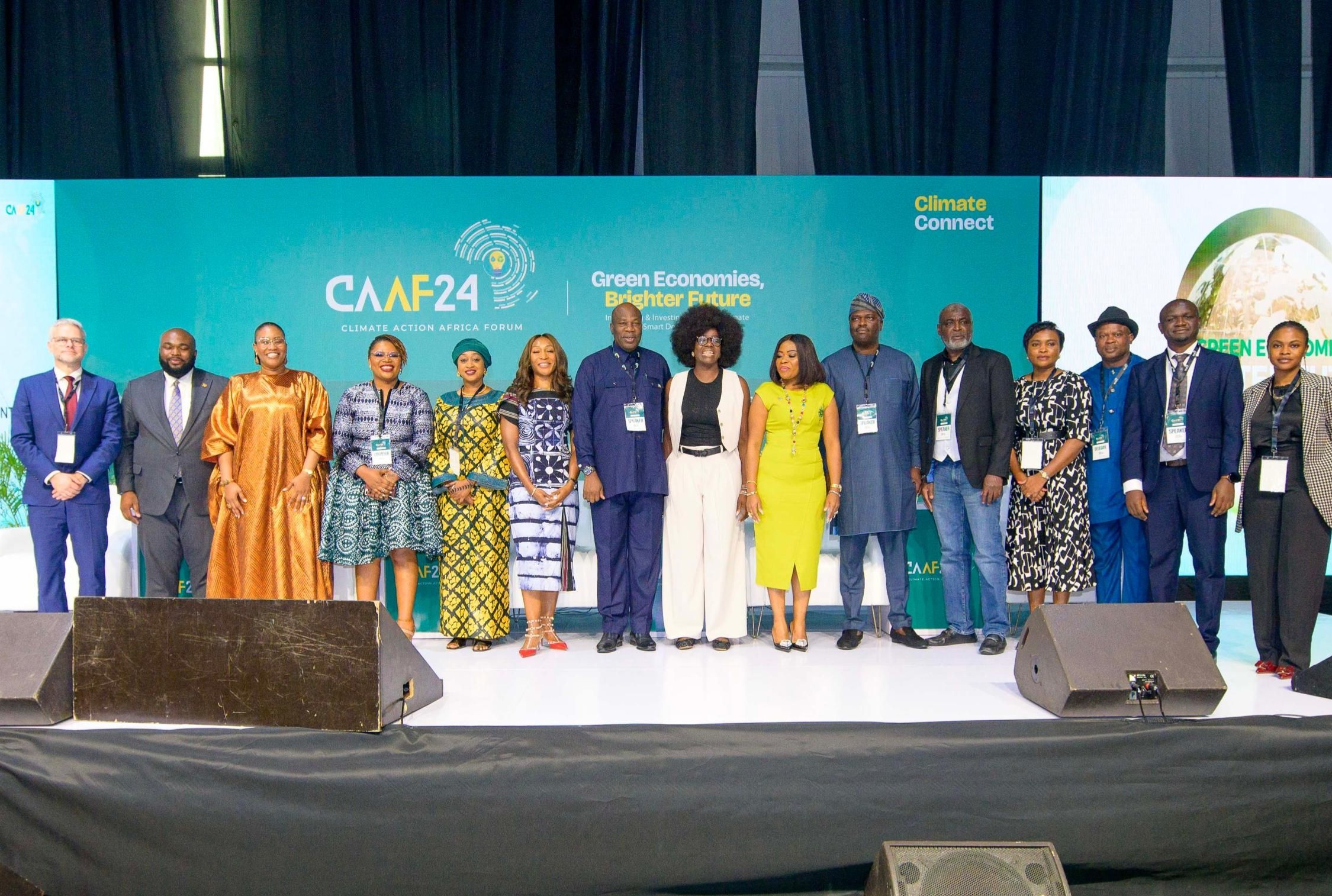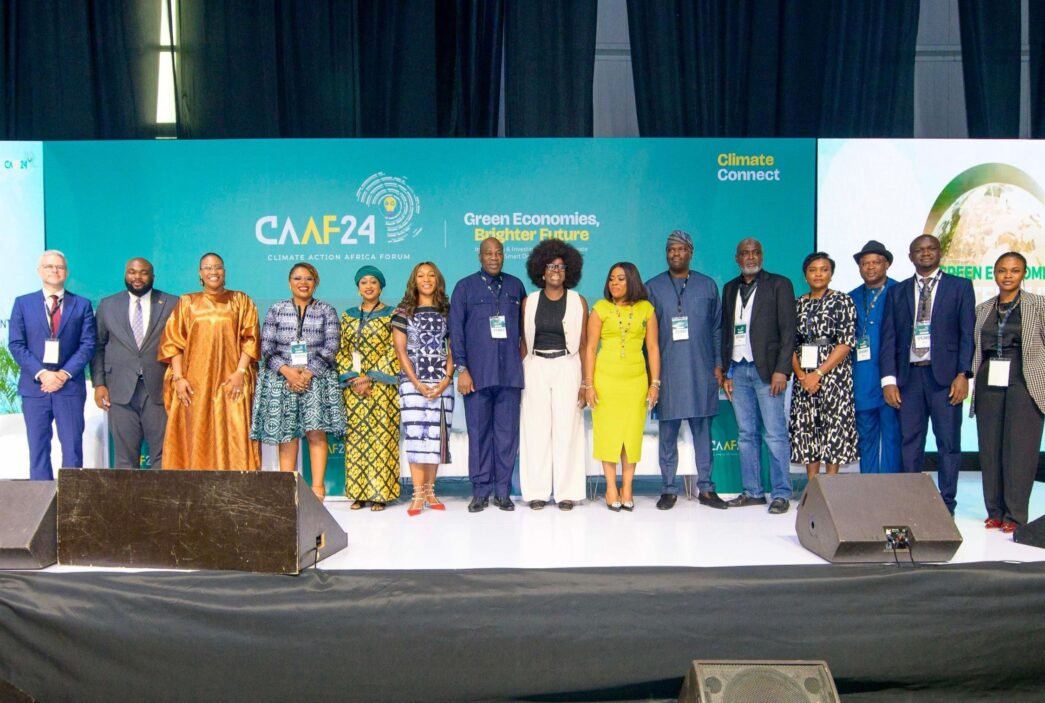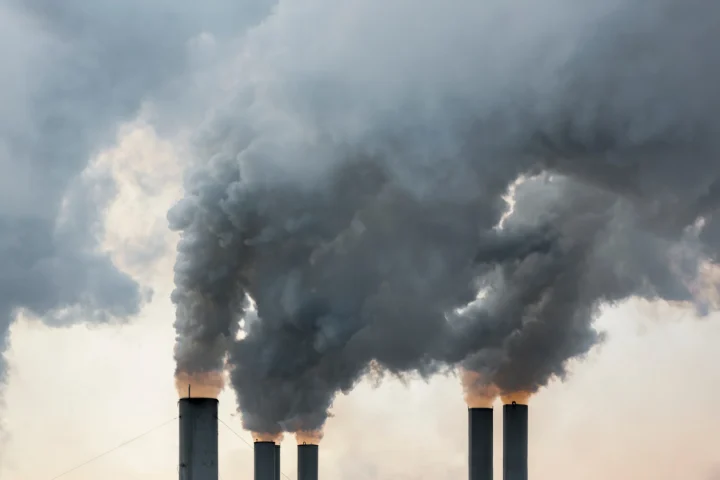Stakeholders advocate local government participation in climate policies
Some stakeholders have called for the involvement of local governments in the making and implementing climate policies in Nigeria.
The stakeholders spoke on Wednesday at the Climate Action Africa Forum (CAAF24) in Lagos.
Michael Bankole, deputy director planning unit, Lagos state ministry of environment and water resources, said policy implementation is a major challenge in the country.
Bankole also disclosed the importance of community engagement in climate policy-making and implementation.
Advertisement
He said this will enable the federal government to address the unique needs of people living in vulnerable communities.
“The problem is that many times, the policies sit at the national or sub-national level and don’t speak to the needs of the local governments,” he said.
“How do we solve this issue? They must be part of it. Local context is very important in this case. They must know what we’re doing, how they come into the discussion and how it affects them.
Advertisement
“The other thing is what decentralization will do for us. If we are able to carry the local people along, there will be faster implementation of programs and projects.
“There will be no progress if we make policies without knowing what they need. Every community deals with a situation differently. What is going to happen to a riverine community is different from what will happen to a community without water.
“Decentralization will help to make sure that there is community engagement and at the end of the day, the policy we are trying to implement will work and achieve its purpose.”
On his part, Babatunde Aina, managing director of Green Facilities Limited, said local communities must be included in the decision-making process of climate change initiatives.
Advertisement
“We have identified that there is a gap and one of the first things we notice is that there is no carrying along in the decision-making process of creating laws for the local indigenes,” he said.
“If you don’t carry them along, you won’t know their pains and immediate requirements. Do these laws have an impact on the lives of people living in these vulnerable communities? There is an obvious gap that has got to be bridged.
“We’ve got to carry the local communities along, and one of the major important things is money, it’s finance. Believe it or not, there are billions of dollars looking for projects.
“But accessing it is all about education and letting them know what they can get to assist them in their issues. The problem in Bayelsa state was erosion from the sea, there’s money set aside for that.
Advertisement
“We have to come together to bridge the gap between what is needed at the indigenous level and what the law says, as well as how these funds can be accessed from international bodies.”
Advertisement








